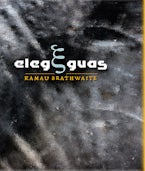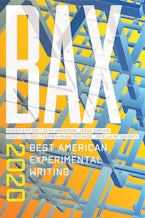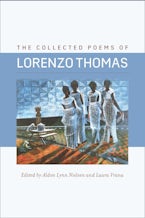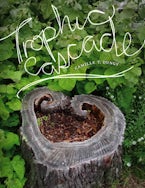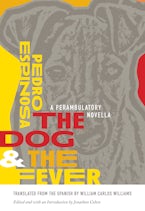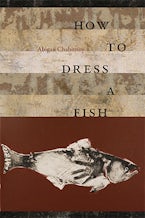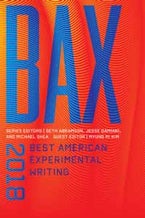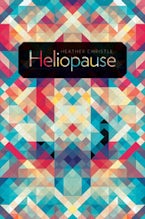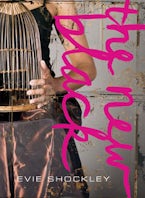- Home
- Wesleyan Poetry Series
- poetry
- social science
- In Mad Love and War
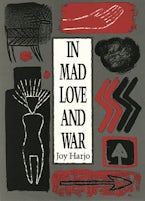
Sacred and secular poems of the Creek Tribe.
Winner of the Before Columbus Foundation American Book Award (1990)
Winner of the William Carlos Williams Award (1991)
2019 United States Poet Laureate
Joy Harjo is a powerful voice for her Creek (Muscogee) tribe ("a stolen people in a stolen land"), for other oppressed people, and for herself. Her poems, both sacred ad secular, are written with the passions of anger, grief, and love, at once tender and furious. They are rooted in the land; they are one with the deer and the fox, the hawk and the eagle, the sun, moon, and wind, and the seasons – "spring/ was lean and hungry with he hope of children and corn." There are enemies here, also lovers; there are ghost dancers, ancestors old and new, who rise again "to walk in shoes of fire."
Indeed, fire and its aftermath is a constant image in the burning book. Skies are "incendiary"; the "smoke of dawn" turns enemies into ashes: "I am fire eaten by wind." "Your fire scorched/ my lips." "I am lighting the fire that crawls from my spine/ to the gods with a coal from my sister's flame."
But the spirit of this book is not consumed. It is not limited by mad love or war, and "there is something larger than the memory/ of a dispossessed people." That something larger is, for example, revolution, freedom, birth.
JOY HARJO became the first Native American to be named Poet Laureate of the United States in 2019. She is associate professor of English at the University of Arizona, an editor, a screenwriter, and a player of tenor sax. A member of the Creek (Muscogee) tribe, he was born in Tulsa, Oklahoma, and grew up in that state and in New Mexico. She attended the Institute of American Indian Arts in Santa Fe, where she later was an instructor, and was graduated from the University of New Mexico (B.A. 1976) and the University of Iowa (M.F.A. 1978). She was assistant professor at the University of Colorado fro 985 to 1988. HARJO has published two other books of poetry, What Moo Drove Me To This? And She Had Some Horses, and a chapbook, The Last Song. Secrets from the Center of the World (with her text and photographs by Stephen Strom) was published in 1989, and a taped recording of her poetry, "Furious Light," was issued in 196 by the Watershed Foundation. She has received an Academy of American Poetry Award at the University of New Mexico, an NEA Creative Fellowship (1978), an EA summer stipend at the University of Arizona (1978), and an Arizona Commission on the Arts Creative Writing Fellowship (1989). She won firs place in poetry at the Santa Fe Festival for the Arts (1980). Harjo also earned the Oklahoma Center for the Book's Arrell Gibson Lifetime Achievement Award. Her home is in Tucson.
"Joy Harjo is now writing a visionary poetry that is among the very best we have."
~Village Voice
"In Mad Love and War moved me and made me feel quite pried open and shot through with a very immanent sacred power and a sense also of the strength ad endurance of a woman who draws energy and insight and compassion from everything in her background"
~Marge Piercy
"Joy Harjo is one of the real poets of our mixed, fermenting, end-of-century North American imagination."
~Adrienne Rich
"I first encountered Joy Harjo, member of the Muscogee (Creek) Nation, at the Gathering of Nations powwow in Albuquerque, New Mexico, in the late 1990s. At an offsite event she read some poems, then sang and played her saxophone with her band, Poetic Justice. I was transfixed. I picked up a book of her poetry, "In Mad Love and War" (Wesleyan University Press, 1990), which she signed and inscribed, "For Chris, For Justice, For Love." I have carried that book with me through every move, every bookshelf culling, every physical and emotional transformation since. At a time when I was just beginning to appreciate poetry, Harjo's work became a touchstone against which pretty much everything else would be measured. The poetry of other writers has come and gone, but Harjo's work has remained lodged deep in my heart."
~Christopher LaTray, The Missoulian


